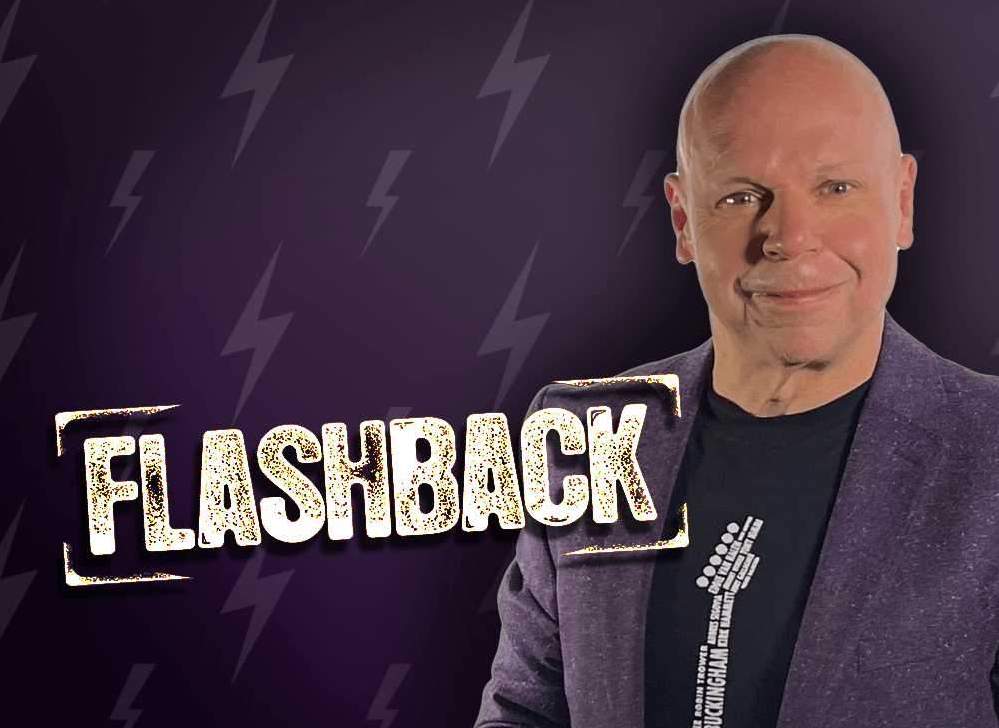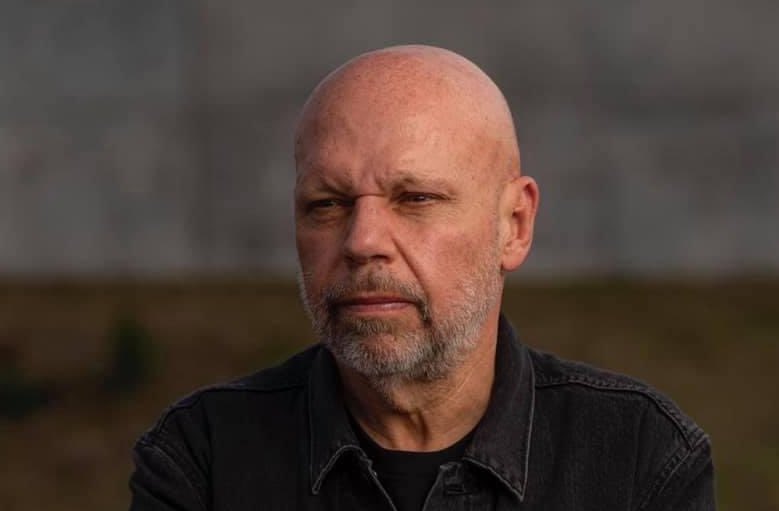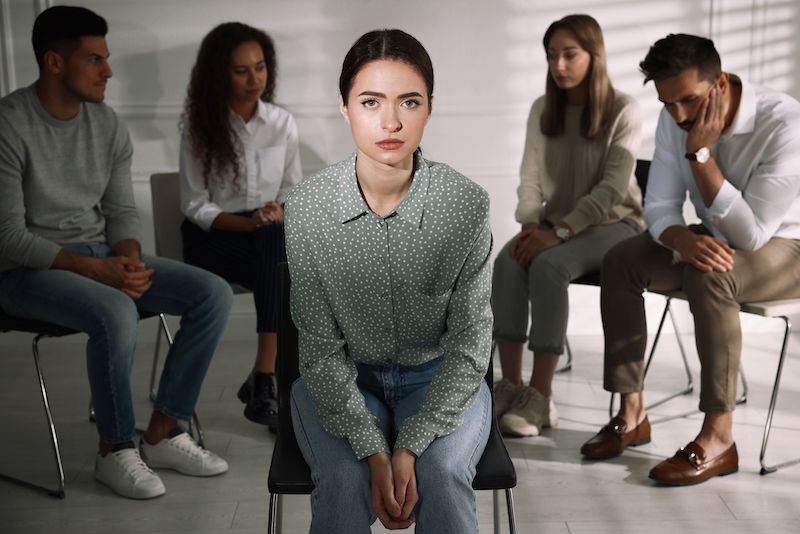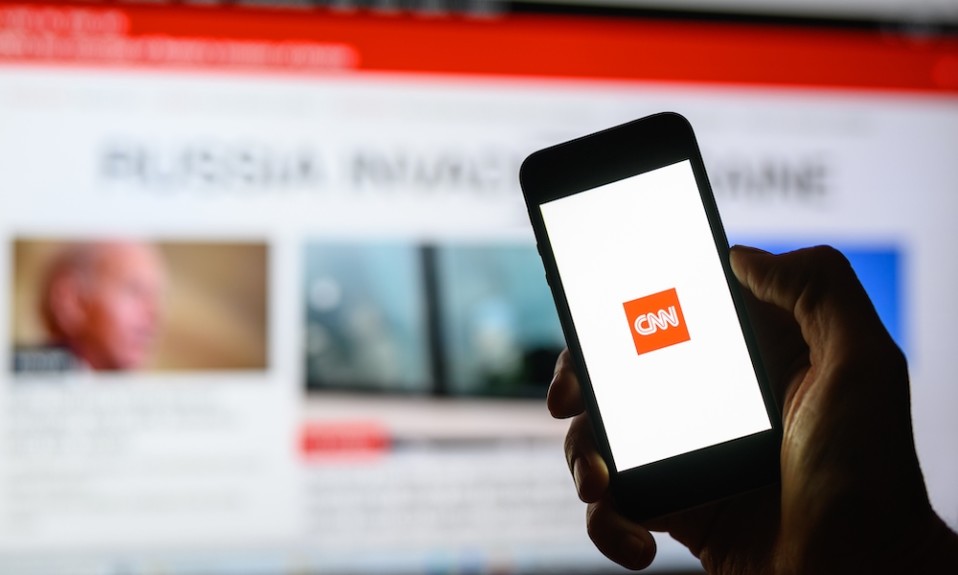With a new podcast, the radio personality and former MTV host has shifted his focus to interviewing people about their addiction recovery journeys
By Jenny Diedrich
Through a podcast launched last month, former MTV host and nationally syndicated radio personality Matt Pinfield is getting real with listeners about his sobriety journey.
Pinfield has been a fixture in the music scene for three decades and has been on the road to addiction recovery along the way. In his podcast, titled Sound, Sobriety and Success, Pinfield talks to people from all walks of life about hitting rock bottom and turning their lives around.
“I was at death’s gate more than once, and it didn’t stop me until I really immersed myself in recovery and saw a different way to live.”
—Matt Pinfield
His first guests included Jeff Jampol, Grammy-winning producer and the CEO of JAM, Inc.; Dr. Drew Pinsky, a television and radio fixture who is passionate about treating addiction; and Shireen Janti, senior director of mental health and addiction services at MusiCares. Upcoming episodes will feature former Guns N’ Roses drummer Matt Sorum and sports agent Leigh Steinberg.
“Living clean and sober is a beautiful gift for those of us who have struggled with addiction. This podcast is a natural for me, as I have been transparent about my own struggles and journey in recovery and how it has completely changed my life for the better,” Pinfield says. “I think this podcast is a great way to be of service through storytelling—sharing the faith, strength and hope that my contemporaries and friends have experienced.”
TreatmentMagazine.com recently talked with Pinfield about his addiction story, how his life has changed in recovery and his goals for the podcast.
Q. Tell us about your background in the music industry.
A. I’ve been working in entertainment for the last 38 years. I was a radio DJ, a club DJ and then ended up running a radio station. It was a very influential alternative rock radio station, which eventually led me to MTV. MTV had hired me to be manager of music programming in the ’90s, and then they put me on the air, and the rest was history. That national platform absolutely changed my life.
I worked there until 2000, and then I hosted a TV show through Universal Studios called FarmClub.com. It was the first of its kind that incorporated the internet, a record label and a TV show. Then I worked as a record company executive with Columbia Records for most of the 2000s. I went back into radio again as a morning show host in New York City. Eventually, I moved to San Francisco and did a morning show there for a couple years. Then I made my way back here to Los Angeles, and I’ve been in Southern California ever since.

Right now, I have a syndicated radio show called Flashback that’s on 200 radio stations in North America and in Europe. It’s a classic rock history show that features rock news and anniversaries. I’m on the radio in Los Angeles on the legendary rock station KLOS with a show called New & Improved. It’s an interview show with a countdown of the current biggest rock songs in Southern California.
I’ve been all over the place doing things for a long time. I even wrote a book published in 2016 called All These Things That I’ve Done, which is named after a song by the Killers. It’s a memoir about my journey in the music industry.
Q. Tell us your addiction and recovery story.
A. I got into the club business at the early age of 18. The drinking age was 18 when I started. I was a popular club DJ in New Jersey, and that’s where my drinking really kicked in. I didn’t discover cocaine until I was in the nightclubs and people were offering me cocaine for free. I thought, Oh, I can drink more and stay up longer? You think it’s some magic drug, but eventually it starts to get the best of you. I struggled on and off for quite a few years, starting in the ’90s.
“I’ve been sober for 26 months now, and I finally really embraced everything about the program and sobriety. It’s changed things drastically for me.”
My recovery story is interesting because I was in and out [of rehab], but it wasn’t successful in earlier years. I would get sober for a few months, and that was about it. I’ve been sober for 26 months now, and I finally really embraced everything about the program and sobriety. It’s changed things drastically for me.
Q. How did the pandemic affect your recovery?
A. I relapsed during COVID. I was living by myself, and all of a sudden the things I did to keep in good mental health closed down—AA meetings, live music shows. I made the mistake of thinking it might be a good idea to pick up a bottle of vodka. That’s all it took for me to go off to the races.
My friends noticed in conversation with me that I sounded like I had been drinking. My mood wasn’t very bright, and usually I’m a very positive, optimistic guy. The biggest issue was the isolation, being away from the program and all my great friends. All the things that are part of the community and fellowship I do with others were taken away, and I had a lot of anger in that. Anger is an enemy in recovery. One of my friends said, “We’ve got to get you into treatment.”
Q. What’s your life like in recovery?
A. I’m in the present. I have clarity. I’m there for everybody. I’m a man of my word, and I show up. I’ve become a person who’s of service, and I surround myself with people in recovery. I have the most incredible group of friends and support people. Most of my friends are people I’ve met in the program. By embracing that, it’s changed everything for me. I’m busier than ever. I’m healthier than ever, and it improved my relationships with my daughters.
Of course, it’s one day at a time. For me, what’s so important about working the program is staying right in the center of it. I have to make it my No. 1 priority. I got sober and decided this was going to be my lifestyle. I’d just had enough. I saw the outpouring of love and support from the people around me. I feel unbelievable gratitude and accountability that comes with this.
I don’t have any misgivings that I can drink again. I know I can’t, and that means even for life events—death of loved ones, high stressors in your life. I don’t get lazy about it. I love to go to meetings. I believe it’s essential to never feel like, “I got this. I’m cool now.” No, I’m not. It takes daily maintenance, a lot of prayer, meditation and gratitude.
I consider my sobriety the greatest gift that’s come to me. I know I’m lucky to be alive. I know that I’ve pushed using and drinking so close to the edge. I was at death’s gate more than once, and it didn’t stop me until I really immersed myself in recovery and saw a different way to live.
I’ve got no shame in any of it. I’m very proud to be a sober person and represent that side of life. You can do it at any age if you put in the work. I like to bring hope to people. If I can do it, anyone can. You’ve just got to make the decision to do the work.
Q. How did your podcast come about?
A. I’ve been so open about my recovery, and my story was out there. A friend said, “You’ve been talking on so many other people’s podcasts. Have you thought about doing your own?” I said, “That really is a good idea. If there’s anything I could do that would really be of service and would be part of my recovery, it would be telling my story and sharing the experience, strength and hope that other people have.” That’s why I’m calling it Sound, Sobriety and Success. I want to make it very clear that success is not measured financially. That can be part of your story, but it really is about coming out the other side and living a sober and clean life. It’s about taking your life back and really living by the steps of the program.
“The important thing is to always let people know they don’t have to be alone. This is a ‘we’ program.”
There was never any talk about money [with the podcast] because at the end of the day this is about being of service. I feel like it’s an extension of what I already do. It’s an exciting thing for me.
Q. What’s your mission for the podcast?
A. We acknowledge our past—we don’t just shut the door on it. We use what we’ve learned from that to help others. That’s the mission for the podcast, to let people know that they can do it no matter what crazy life experiences they’ve been through. They can do this, and they can do it with the support of others. That’s the beauty of this program.
We’ve got some great guests already, and we’re going to continue to have them tell their stories in an honest way. The important thing is to always let people know they don’t have to be alone. This is a “we” program. I could not imagine my life today without the incredible people I have met through recovery, who I love and consider to be my best friends now. I feel it’s my responsibility because I’ve been given this incredible gift of clarity and survival that I need to be an example to show people that it can be done. I will never stop giving back. That’s something I believe you really have to do.














